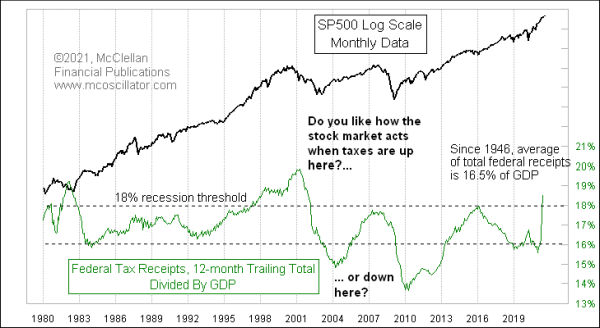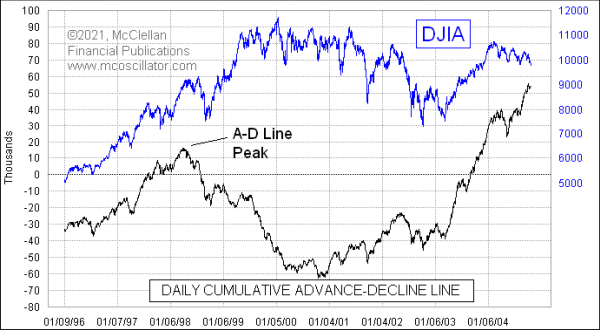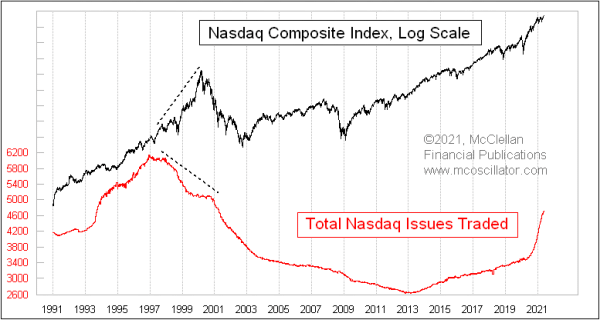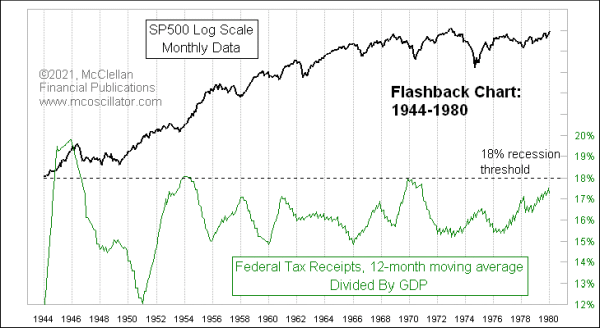Taxes Too Darned High, Retarding The Economy

Free Chart In Focus email
Delivered to you every week
Low taxes are a big stimulus to economic activity. Everyone knows that. Curiously, not everyone understands that high taxes are a giant restriction on the economy.
This week’s chart helps to offer evidence of that latter point. We have several decades of history to show us that jacking up tax collections to too high of a portion of GDP is a big restriction on the economy, so much so that it tends to snuff out economic activity. 18% appears to be the magic number, since every time that total tax receipts as a percentage of GDP has gone above that number, it has resulted in a recession. Sometimes just getting close to 18% is enough.
A wise reader will be skeptical of this argument, and might even note that in the late 1990s the tax collections got up above 18% and it did not seem to matter (for a while anyway). While that is true, there are some additional pieces of evidence which tend to refute that assertion.
The first is that the NYSE A-D Line peaked in early 1998, well ahead of the final top of the Internet Bubble in 2000. In other words the average stock was already suffering starting in early 1998. So the premise is flawed that the economy survived the tax rates above 20% of GDP just fine. It is not true.

The second point is that even during the latter states of the 1990s' Internet Bubble, there was already destruction going on. The total number of Nasdaq-listed issues actually peaked all the way back in December 1996, years before the final price peak for the Nasdaq Composite Index. By the time the final price top arrived, the number of listed issues was already down by 17%, as companies were getting delisted. The dismantling of the Internet Bubble was happening well before the final price top, thanks in part to the high tax bite yanking liquidity out of the economy.

Coming back to the principle of taxes being too high, and stifling the economy, this next chart takes this principle back all the way to WWII, when high tax rates were needed to pay for the war effort, and to pay back all of the money that Uncle Sam borrowed in the form of “war bonds”.

The point in extending the history back this far is that instances of a high federal tax bite, above 18% of GDP or sometimes just even getting close to that level, have a longstanding history of being bad for the economy.
Thinking forward now to the current time frame, it really is a big deal that the past 12 months have seen total tax receipts as a function of GDP rise up above 18%. It is a way of saying that the total bite on the economy is too big. Never mind that expenditures are far above that figure; that is a separate argument. Eating too much of the seed corn is a sure way to snuff out the survival of the village. Taking too much of the economic output in the form of taxes is a similarly excessive bite.
How this is going to play out for the months ahead is something that remains to be seen. But it is not good news for the stock market bulls.
Tom McClellan
Editor, The McClellan Market Report
Apr 16, 2015
US Taxes Returning to Economy-Killing Level |
Apr 02, 2010
Lower Tax Collections Are Bullish for Stocks |
Apr 20, 2018
3 Months Into Tax Relief, How It Is Going |